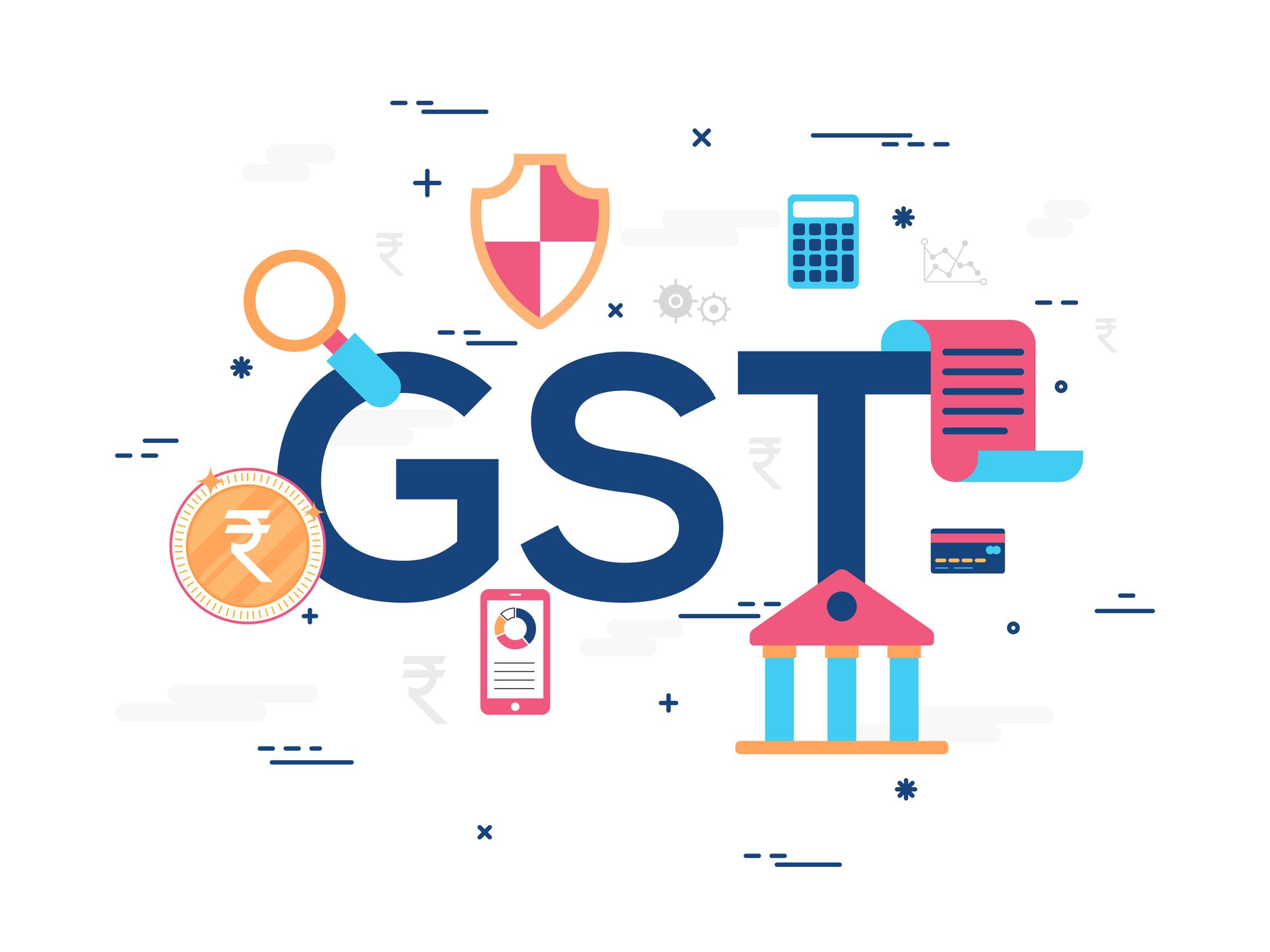Why Singapore GST Registration is Essential for Your Start-up
Making Best Use Of Tax Obligation Performance: Specialist Tips on Navigating the GST Registration Puzzle for Small Companies
Browsing the detailed landscape of Product and Services Tax (GST) registration can be a labyrinthine task for tiny organizations intending to maximize their tax efficiency. In this discussion, we will explore experienced insights and workable suggestions that can empower little companies to navigate the GST registration puzzle properly and optimize their tax obligation efficiency.
Qualification Requirements
Eligibility demands for Small Company GST Enrollment include details criteria that organizations must meet to conform with tax laws. To certify for GST enrollment, a company has to have a yearly turn over surpassing the threshold established by the tax authorities, which varies by nation.

Documents Needs
To successfully finish the process of GST registration, local business need to ensure they have all necessary documents in order. The required documentation normally consists of proof of business enrollment or consolidation, identification and address evidence of business owner, photos, savings account information, and proof of the major business. Additionally, organizations require to provide information of their service tasks, including the solutions or products provided. It is crucial to make certain that all records are accurate, up to date, and in the defined style to avoid delays or rejections during the enrollment procedure.
Apart from the obligatory records, services may additionally be required to submit additional information based upon their specific scenarios. This might include papers connected to partnerships, the consent of signatures, or any kind of various other pertinent agreements. Maintaining all necessary documentation organized and readily obtainable can improve the enrollment procedure and help organizations adhere to the needs efficiently - Singapore GST Registration. Failure to supply the called for paperwork might result in delays or perhaps rejection of the GST registration application. As a result, thorough interest to information and adherence to the documents guidelines are essential for an effective GST enrollment process for local business.
Timing Considerations
Considering the necessary documentation demands have been meticulously resolved, the next vital aspect for tiny services starting the GST registration procedure is the critical administration of timing considerations. Timing plays a pivotal role in GST registration, affecting not just conformity yet likewise monetary elements of the service. Local business need to carefully intend the timing look at these guys of their GST registration to make the most of benefits and minimize possible dangers.

Additionally, services ought to straighten the timing of their GST enrollment with their functional readiness. Adequate preparation, such as upgrading bookkeeping systems and training staff, is vital to flawlessly incorporate GST needs right into day-to-day operations. By purposefully managing timing factors to consider, small companies can navigate the GST registration process effectively and maximize their tax obligation effectiveness.
Registration Process Tips
Effectively navigating the GST registration procedure needs small companies to apply calculated and proactive registration process suggestions. One vital idea is to guarantee all necessary papers are easily available before beginning the Learn More Here registration procedure. This consists of business registration records, evidence of address, bank statements, and recognition evidence of the company proprietors. Validating the accuracy of the details supplied is similarly crucial to protect against beings rejected or delays.
In addition, comprehending the limits and needs for GST registration based on the certain state or area where the service operates is necessary. Some states have More Info various turnover limits that trigger obligatory registration, so being notified about these limits can help organizations plan in advance.
One more valuable tip is to think about looking for professional support from accountants or tax obligation consultants who focus on GST enrollment. Their proficiency can improve the procedure, reduce errors, and ensure compliance with all policies.
Conformity Finest Practices
Navigating the GST enrollment process smoothly demands not just critical registration procedure ideas however additionally diligent adherence to compliance ideal practices to make sure continuous governing positioning. Small companies need to focus on compliance to avoid fines and preserve a great standing with tax obligation authorities. One critical ideal technique is to keep detailed and precise records of all deals. This includes billings, invoices, and various other economic documents that might be required for tax audits or compliance checks. Additionally, remaining notified regarding any kind of updates or modifications to GST guidelines is necessary. Small company owners should routinely evaluate federal government standards and look for professional suggestions if required to ensure they are fulfilling all demands. It is also suggested to submit GST returns on schedule to avoid late fees and charges. By including these conformity ideal methods right into their operations, small companies can navigate the intricacies of GST enrollment with self-confidence and effectiveness.
Final Thought
Finally, small companies can navigate the GST registration maze by ensuring they meet eligibility criteria, collect needed documentation, take into consideration timing implications, adhere to registration process pointers, and follow conformity ideal practices. By optimizing tax performance through proper GST enrollment, services can boost their financial monitoring and operations.
Navigating the elaborate landscape of Goods and Provider Tax (GST) registration can be a labyrinthine task for tiny services aiming to optimize their tax efficiency.Eligibility requirements for Small Company GST Registration encompass particular standards that services must fulfill to comply with tax policies. The needed documentation generally includes evidence of organization registration or identification, incorporation and address evidence of the business proprietor, pictures, bank account information, and proof of the major location of business. In addition, organizations require to offer information of their company tasks, including the solutions or goods provided.Efficiently navigating the GST enrollment process requires small services to implement strategic and positive enrollment procedure suggestions.